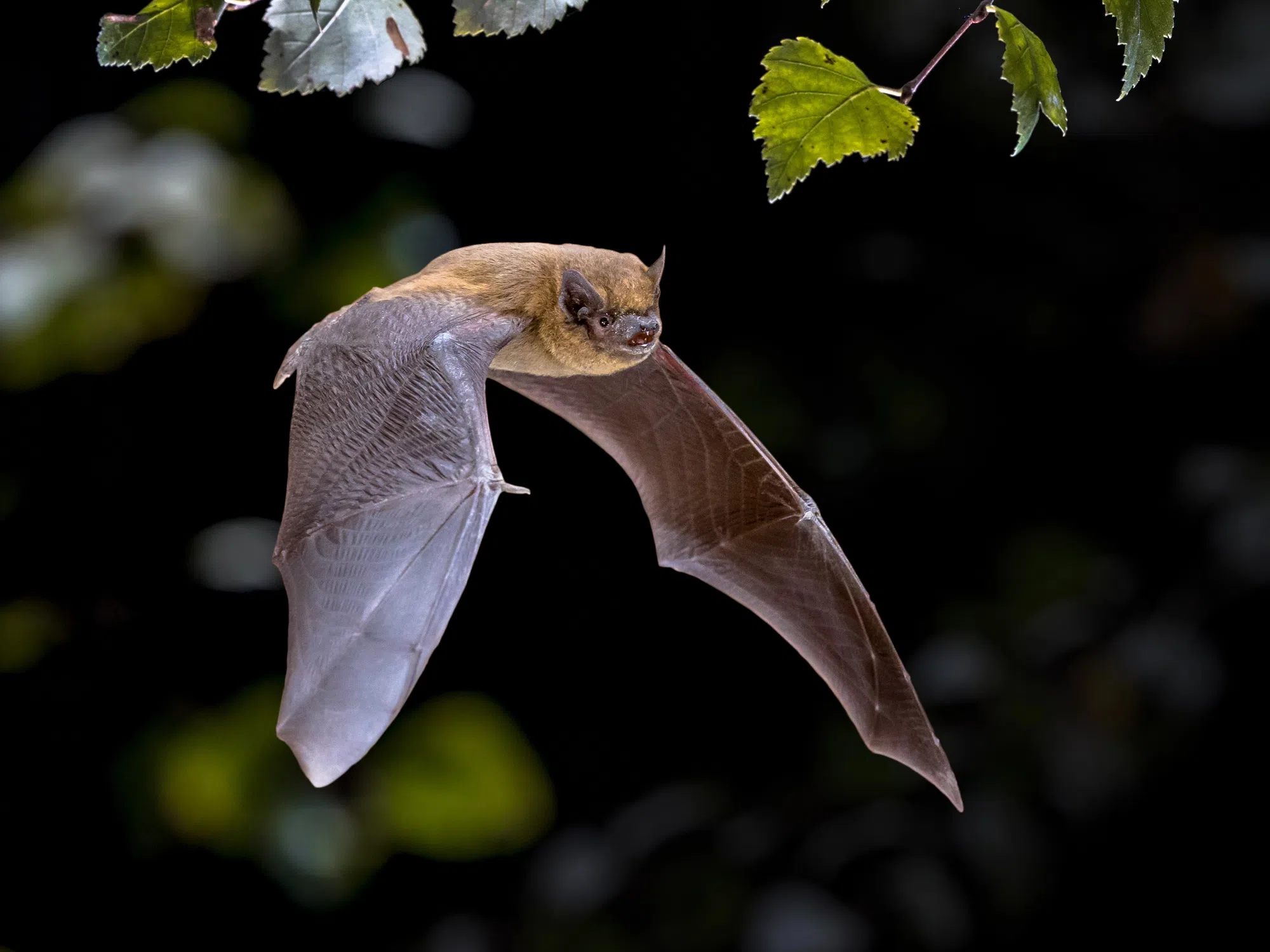(HOLLAND, MI.) – The Ottawa County Department of Public Health (OCDPH) learned today that a bat recently sent to the state lab from Ottawa County tested positive for rabies. This is the first case of rabies in an animal in the county this year. No humans have contracted rabies. Rabies is a deadly disease that can be prevented. Because the risk of exposure to a rabid bat is higher from May through September when bats are more active, residents should take steps to protect themselves and their families and animals from rabies.
The only way to know if a bat has rabies is through laboratory testing, so it is important to collect the bat for testing. People who are exposed to a potentially rabid animal should receive treatment after contact. Treatment is not necessary if the animal tests negative for rabies.
People and pets are usually exposed to rabies when they are bitten or scratched by an infected animal. Of particular concern are exposures that occur when a bat is found in a room with people who have been asleep. Also concerning is when a bat is found with an unattended child or adult who cannot communicate clearly and who cannot be sure of their contact with the bat.
Protect your family and pets from rabies by taking these simple steps:
- Never touch or handle bats and other wild animals. Do not keep wild animals as pets and do not try to rehabilitate wild animals yourself. Wild animals can carry rabies without looking sick.
- If you are bitten or scratched by an animal, seek immediate medical attention.
- If you find a bat in your home, do not release or get rid of it. Safely confine or collect the bat if possible and contact OCDPH at 616-396-5266 to determine if it should be tested for rabies. If collection isn’t possible, contact a pest control company for assistance. If testing is needed, animals may be brought to Harbor Humane Society (616-399-2119 or harborhumane.org) to be sent for testing. More information on how to collect a bat safely can be found here or in this YouTube video.
- Protect your pets by getting them vaccinated against rabies. Even cats that live indoors and never go outside can encounter a bat that gets inside the home.
- If your animal is bitten or scratched by a wild animal, or if you believe they have had contact with wildlife when you weren’t watching, contact your veterinarian immediately. Even if your pet is currently vaccinated against rabies, additional actions may need to be taken to prevent them from becoming infected. If possible, safely confine or capture the wild animal without touching it directly and contact your local animal control officer or veterinarian, as the animal may need to be tested for rabies.
In 2024, there were three reported cases of rabies in animals in Ottawa County. As of July 17, 2025, there have been 16 reported cases of animals with rabies in the state of Michigan.
Additional resources
The Ottawa County Department of Public Health works with our community to help assure conditions that promote and protect health for all. OCDPH’s vision is healthy people. Follow OCDPH on Facebook @miOttawaHealth, X @miOCDPH, or Instagram @miOCDPH.

Comments